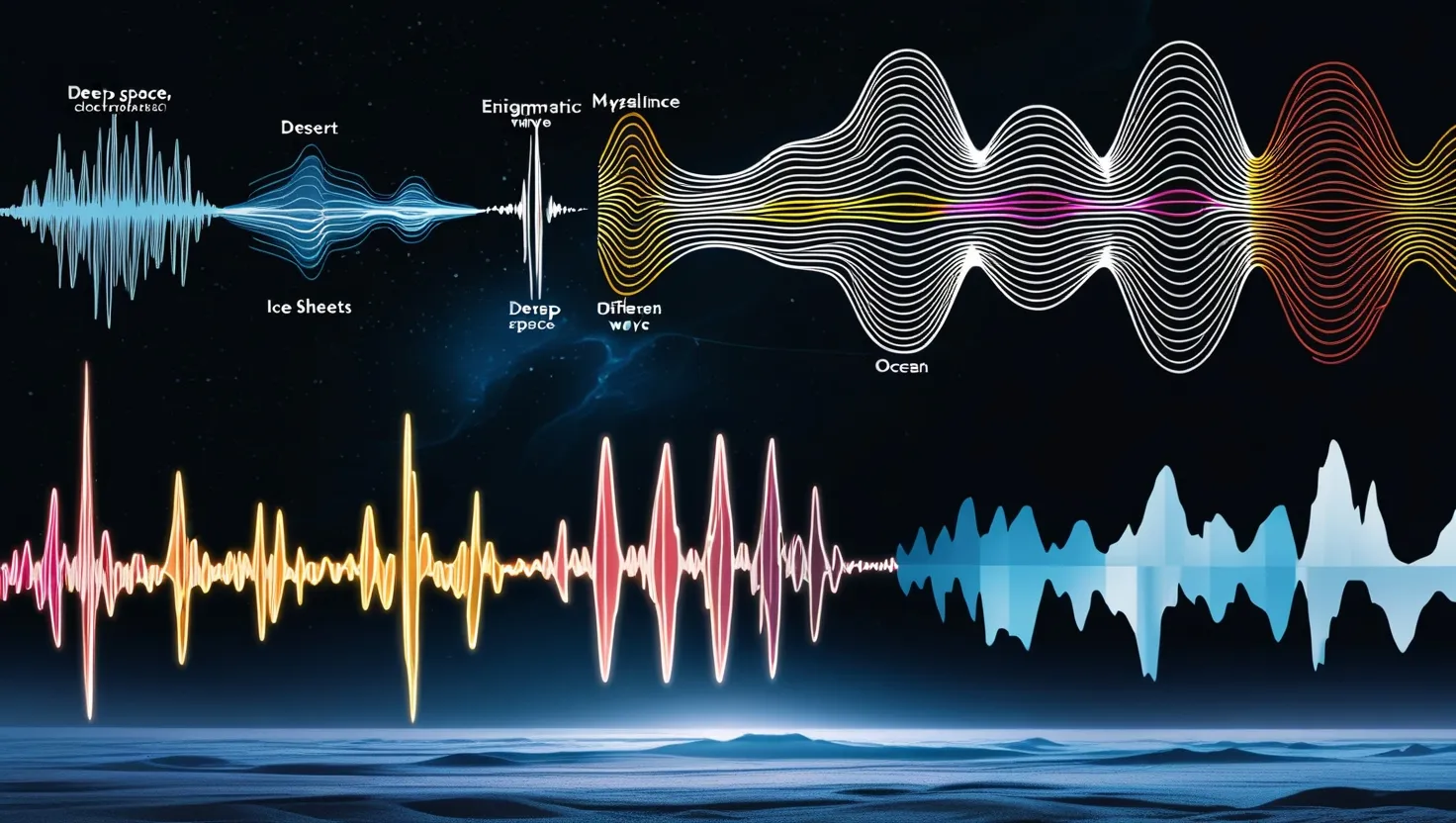Life can be overwhelming. Often, it feels like you’re treading water in an endless ocean, just trying to stay afloat amid the chaos. You’re constantly bombarded with distractions, from the demands of family and friends to work and leisure activities. It’s a lot to take in, so let’s take a step back and look at life from a broader perspective.
If you’re around 25, you’re in a prime phase. The angst of your teenage years is probably fading, and you might find yourself in a job, a serious relationship, or pursuing an advanced degree. Maybe you feel stuck, unsure of where to go next. Surprisingly, a small percentage of people today can expect to live to 100, giving them about 5,200 weeks of life to manage.
Out of these weeks, the first 600 are spent as a kid, and then 400 as a teenager, a time when you’re mainly shielded from big responsibilities. By the time you hit 20, you’ve already burned through approximately 1,000 weeks. Entering your 20s usually means work or further education. If you opt for university, you can delay the grind for a bit, but actual work life kicks in for most before 30. This period, taking up around 2,000 weeks, is both productive and potentially soul-crushing.
By age 65, you’ve lived through about 3,400 of your 5,200 weeks, and if you’ve saved wisely, retirement should offer another 1,800 weeks of freedom. However, most people won’t reach the 100-year mark. The average life expectancy varies globally, with the U.S. at 79 and Japan at 84, reducing your retirement freedom to about 780 weeks. But aging isn’t easy; diseases, including cancer, often strike past 70.
It’s crucial to remember life’s uncertainty. Accidents and illnesses can cut life short unexpectedly, so it’s important to cherish what you have. The pandemic has highlighted this, showing us how quickly our everyday freedoms can disappear. The time you spend with loved ones is precious and dwindles faster than you realize. If you only visit your parents for two weeks a year after leaving home, you’ve likely already spent over 90% of the time you’ll ever have with them. This holds true for siblings, old friends, and even hobbies.
The idea of doing something for the last time is unsettling, but it happens more often than we think. Have you been procrastinating on a hobby, a visit, or reconnecting with someone? Life gets in the way, and sometimes it’s too late.
As the world recovers from the pandemic, we can reconnect and enjoy shared moments again. Life offers countless opportunities for joy and fulfillment, but it’s up to you to decide what and who matters. Remember to make choices, no matter how daunting it seems. Life is a gift—don’t forget to live it while you can.






